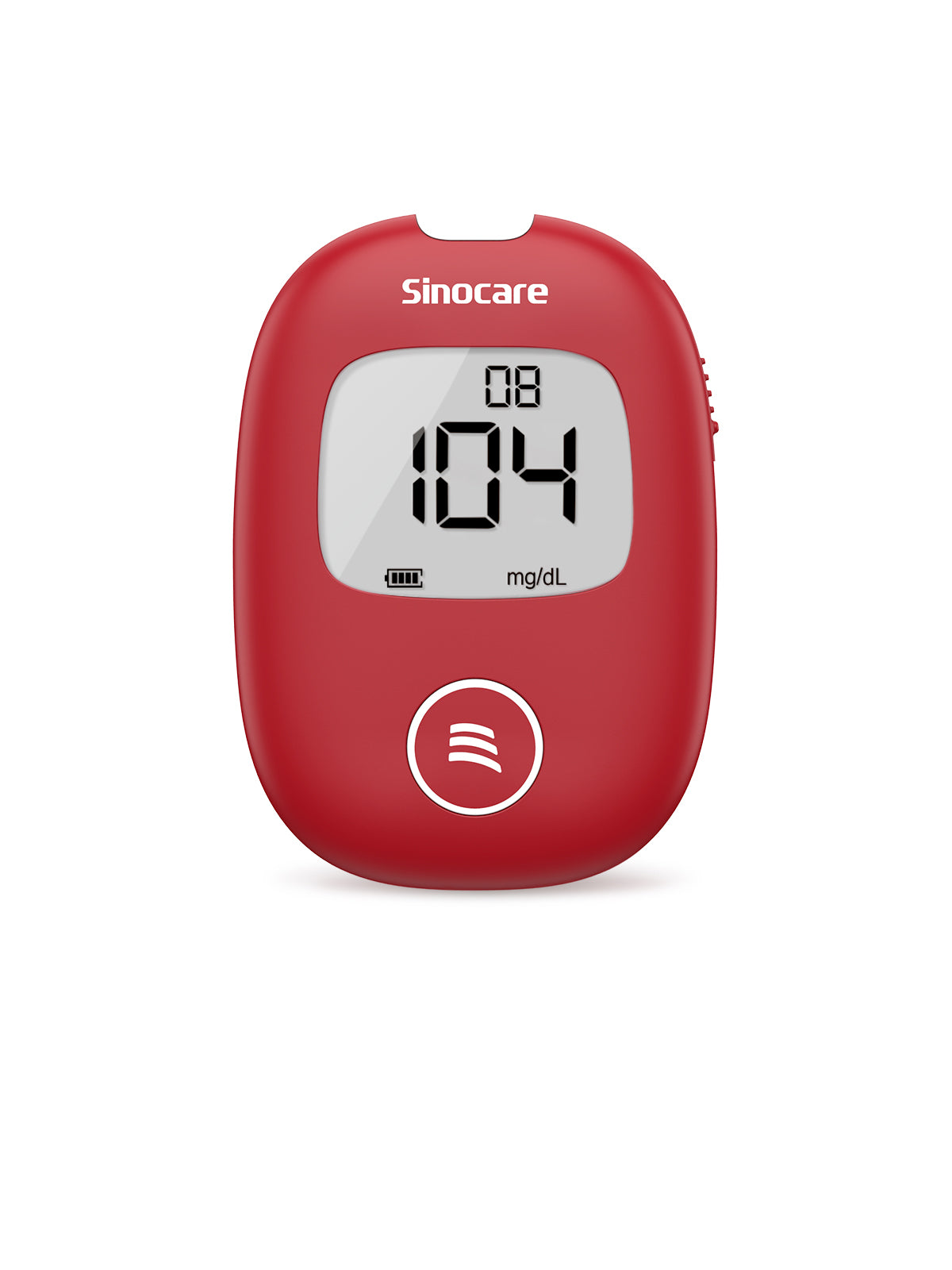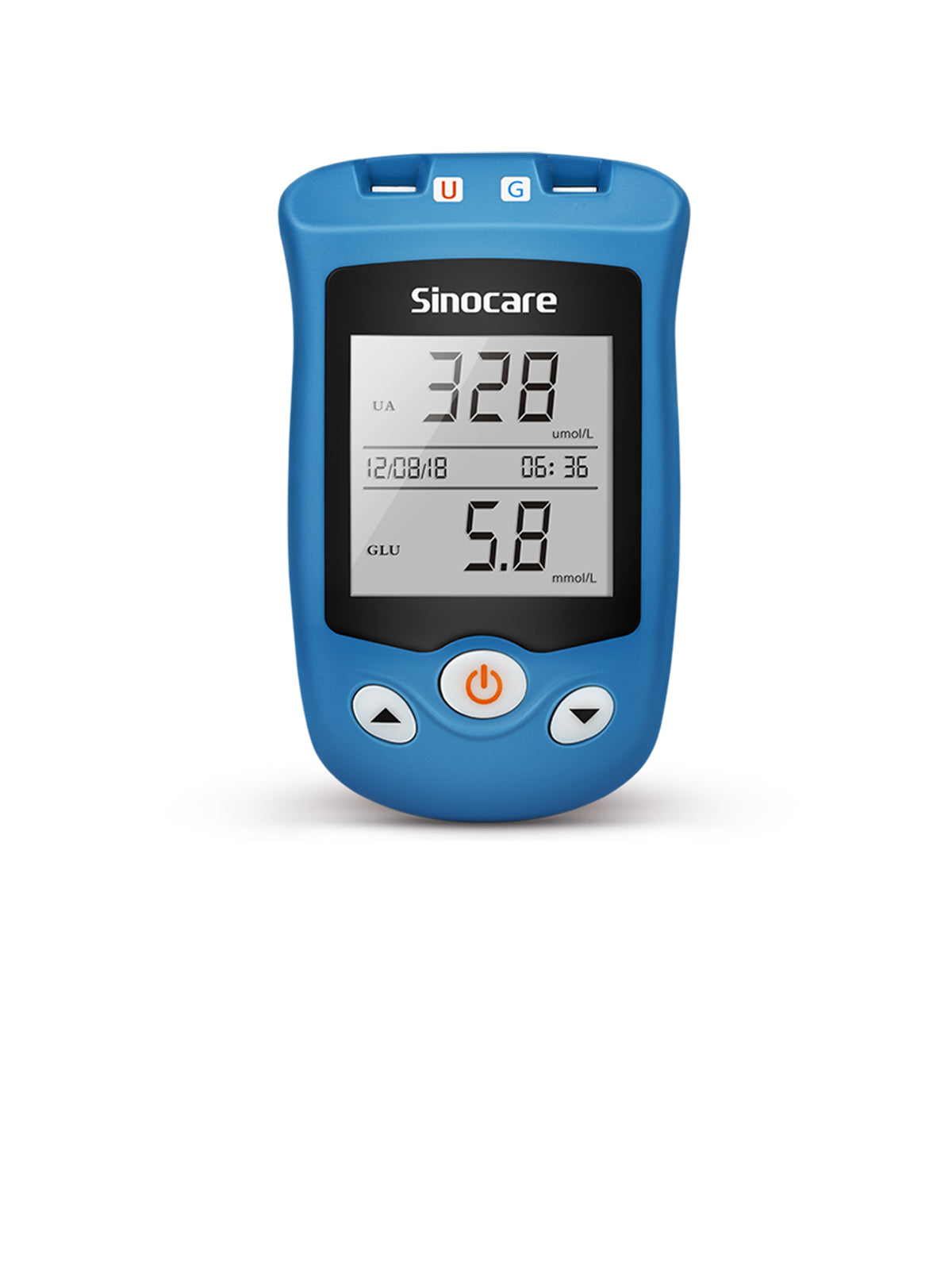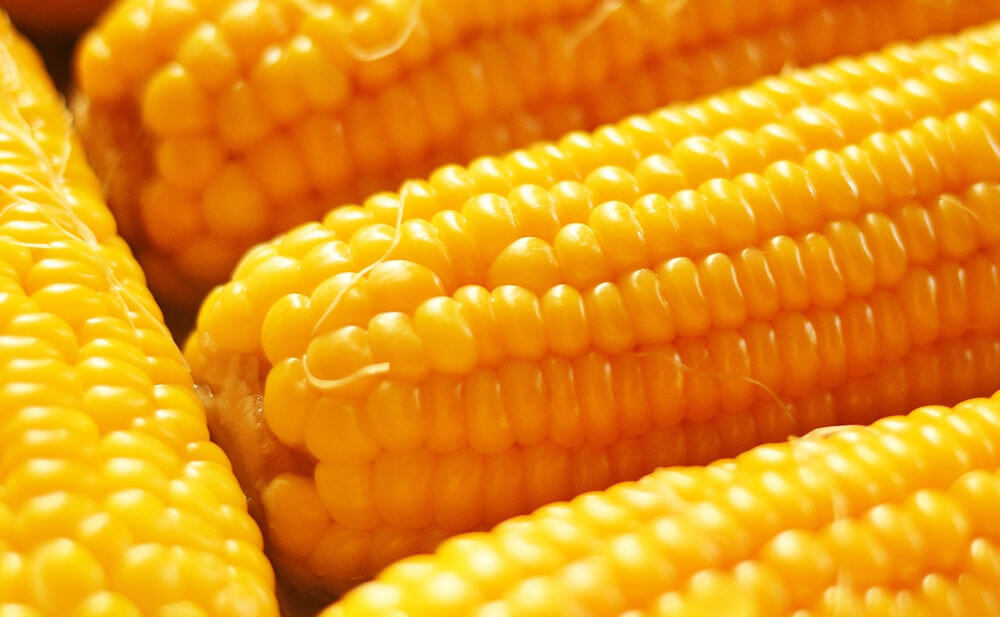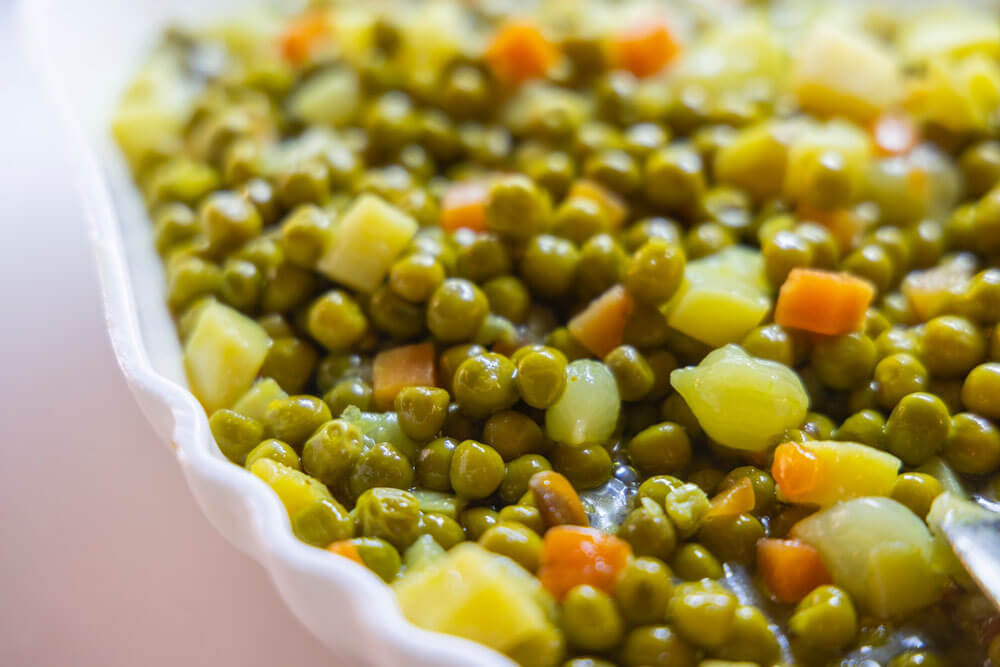Are you looking for something sweet that will not spike your blood sugar? If yes, then sweet corn is right for you.
Sweet corn is rich in fibre, low in calories, and easily available in cans, frozen or fresh off the cob, making it a versatile food to eat.
Sweetcorn falls into both vegetable and grain, so if you are looking for delicious, healthy, sweet vegetable and grain, then sweetcorn is right for you. Despite the name, it contains a small amount of sugar and carbohydrate.
Nutritional Fact of Sweet Corn
According to USDA, a 100g of sweet corn will give you:
- Calories: 86kcal
- Total fat: 1.2g
- Saturated fat: 0.2g
- Cholesterol: 0mg
- Sodium: 15 mg
- Total Carbohydrate: 19g
- Sugar: 3.2g
- Dietary fibre:2.7g
- Protein: 3.2g
- Vitamin C: 11%
- Iron: 2%
- Vitamin B6: 5%
- Magnesium: 9%
- Calcium: 0%
- Vitamin D: 0%
- Cobalamin: 0%
- Potassium: 270mg
Despite the name, sweet corn has a low glycaemic index of 55, and hence people living with diabetes can include sweetcorn as part of their balanced diet.
Benefits of Sweet Corn
High fibre content (1)
A high fibre diet can:
- reduce your risk of developing cardiovascular disease;
- reduce the risk of insulin resistance and obesity as well as reduce your blood cholesterol;
- helps you to maintain weight;
Protects your bone
Sweetcorn is rich in magnesium and potassium which is crucial in preventing osteoporosis and osteoporosis-related fractures (2).
Rich in vitamin C
100g of sweetcorn will give you 11% of your daily nutritional intake of vitamin C.
Vitamin C, also known as ascorbic acid, has been suggested to reduce the risk of developing type 2 diabetes (3) and to improve glycaemic control in people who already have diabetes (4).
Is there a difference between sweet corn and corn?
Corn, also known as maize, can give rise to sweet corn and field corn.
The difference between sweet corn and field corn depends on which stage they are harvested. Sweetcorn is harvested when they are immature (milk stage) and is prepared and eaten right away. They do not store very well and hence must be eaten fresh or processed into canned or frozen before the kernels become tough and starchy (5).
On the other hand, field corn is harvested when they are mature (dent stage), and hence it is tough. It is used in animal feeds or processed into corn cereal, corn starch, corn oil, or corn syrup (6).
Can Diabetics Eat Sweet Corn?
Despite its name, sweetcorn contains only a small amount of sugar but is rich in fibre and other vitamins and minerals and has a low GI level. Hence, people with diabetes can enjoy sweetcorn in moderation, as part of their healthy diet.
How does Sweet Corn Affect My Blood Sugar Level?
If sweetcorn is eaten in moderation, it should not affect your blood sugar very much as it has a low GI rating and hence it is absorbed slowly due to its high fibre content.
Healthy Tips to Eat Sweet Corn
Now that we know that sweet corn is nutritious on its own, we should aim to cook sweetcorn healthily as well. Below are my healthy tips on eating sweet corn.
Boil them
This is one of my favourite methods as all you need is hot boiling water, some salt to season and sweetcorn, either on the cob or kernels. You can then add butter to make it a more satisfying meal or snack. This whole process should take you less than 5 minutes.
Barbecue them
This is a popular choice during summer barbecues, as you can place your corn on the barbecue grill and heat it until it is charred all over.
Sweeten up your soup
One of my favourite meals especially during the cold winter is a bowl of hot soup, especially ABC soup.
You can add sweetcorn to your soup to make it taste sweeter without adding any sugar. On the plus side, you get to eat the corn with the soup as well and hence adding extra fibre to your meals.
There are many recipes available online such as BBC good food.
FAQ
How Much Sweet Corn Should People with Diabetes Eat?
Sweetcorn can be consumed in moderation as part of a healthy diet. As sweetcorn is a vegetable, one should aim to have at least 5 portions of fruit and vegetables a day and an adult portion of fruit or vegetables is 80g (7).
Are popcorns healthy for diabetics?
Popcorn is a healthy whole-grain snack for people with diabetes, especially if it is prepared healthily without additional sugar or syrup topping.
Air-popped popcorn has a glycaemic index (GI) of 55 which is low, meaning that it will not cause a rapid rise in blood sugar after eating it. However, most shops will sell popcorns that are laced with caramel or sugar, and this can lead to a rapid rise in blood sugar and weight gain. Therefore, it is advisable to buy popcorn kernels and make popcorn at home as it is easy, quick, and affordable.
Below are a few ways to make your popcorn at home, without a popcorn machine.
- Air-popped popcorn – using the air fryer
- Stovetop popcorn – using the stove and a pan
- Microwave popcorn – using microwave
Is Canned Sweetcorn Suitable for People with Diabetes?
Canned sweetcorn is suitable for people with diabetes if it does not contain added sugars.
Final Thoughts
Sweetcorn has been in our diet for centuries and is eaten in many parts of the world. Despite its name, sweetcorn contains very little sugar but is rich in fibre, vitamin C and other minerals which are beneficial for people with diabetes. It is a versatile form of vegetable and grain and hence should be eaten in moderation.
References:
1. Diabetes UK. (n.d.). Fibre and diabetes. Diabetes UK. Retrieved July 18, 2022, from https://www.diabetes.org.uk/guide-to-diabetes/enjoy-food/carbohydrates-and-diabetes/fibre-and-diabetes
2. Tucker KL, Hannan MT, Chen H, Cupples LA, Wilson PW, Kiel DP. Potassium, magnesium, and fruit and vegetable intakes are associated with greater bone mineral density in elderly men and women. Am J Clin Nutr. 1999 Apr;69(4):727-36. DOI: 10.1093/ajcn/69.4.727. PMID: 10197575.
3. Wilson, R., Willis, J., Gearry, R., Skidmore, P., Fleming, E., Frampton, C., & Carr, A. (2017). Inadequate vitamin C status in prediabetes and type 2 diabetes mellitus: Associations with glycaemic control, obesity, and smoking. Nutrients, 9(9), 997. https://doi.org/10.3390/nu9090997
4. Shi, L., Du, X., Guo, P., Huang, L., Qi, P., & Gong, Q. (2020). Ascorbic acid supplementation in type 2 diabetes mellitus. Medicine, 99(45). https://doi.org/10.1097/md.0000000000023125
5. Wikimedia Foundation. (2022, June 25). Sweet Corn. Wikipedia. Retrieved July 18, 2022, from https://en.wikipedia.org/wiki/Sweet_corn
6. Corn facts. Corn: It's everything. (n.d.). Retrieved July 18, 2022, from https://www.iowacorn.org/media-page/corn-facts#:~:text=While%20a%20small%20portion%20of,frozen%20or%20canned%20for%20eating
7. NHS. (n.d.). 5 a day portion sizes. NHS choices. Retrieved July 18, 2022, from https://www.nhs.uk/live-well/eat-well/5-a-day/portion-sizes/










Leave a comment
All comments are moderated before being published.
This site is protected by hCaptcha and the hCaptcha Privacy Policy and Terms of Service apply.